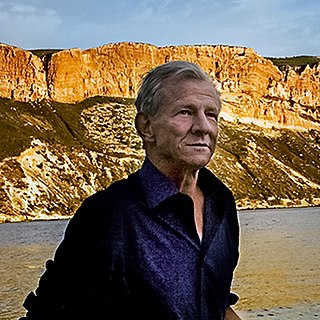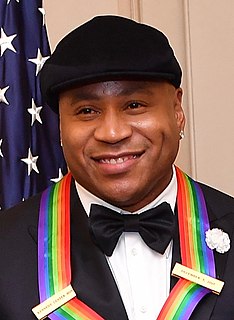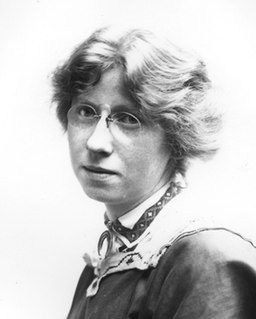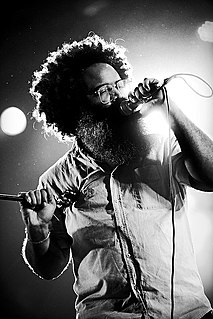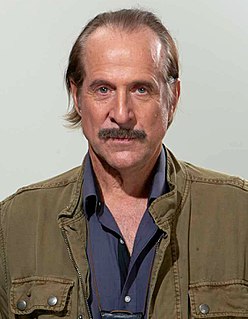A Quote by Peter Beard
I graduated. I did History of Art, you know, all those things - American Studies - and then I went to art school, and I did Joseph Alvarez in the art school.
Related Quotes
I graduated in June 1948 and then went in the fall to the art school. I stayed with my cousins on Seventeenth Street in the beginning, and later had my own apartment very near there and was able to walk to the Art Institute on Elmwood Avenue. The school had a faculty of local artists - Jeanette and Robert Blair, James Vullo who were well known in the area. It was a school that I think thrived on returning GIs, as many schools did at that time. It was a very informal program - but it was professional.
Jack Sturtzer, one of my cousins, had gone to art school and suggested that I might be interested in a private school called the Art Institute of Buffalo, and in fact that is what happened. So upon graduation in 1948, I then went to stay with my cousins on Seventeenth Street and enrolled in the program at the Art Institute on Elmwood Avenue.
Art makes people do a double take and then, if they're looking at the picture, maybe they'll read the text under it that says, "Come to Union Square, For Anti-War Meeting Friday." I've been operating that way ever since - that art is a means to an end rather than simply an end in itself. In art school we're always taught that art is an end in itself - art for art's sake, expressing yourself, and that that's enough.
